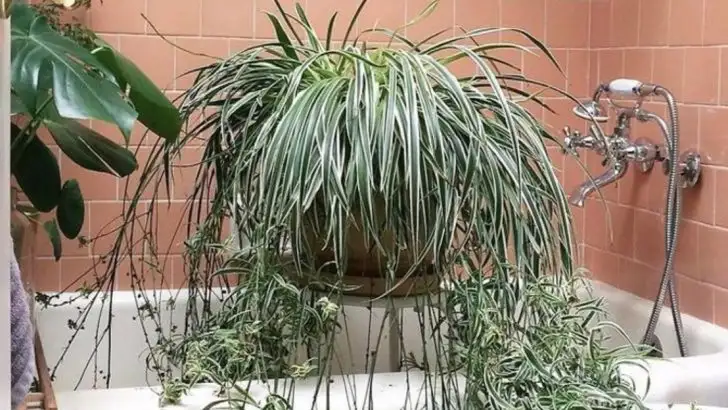Indoor plants do more than just brighten up a room—they actively improve the quality of the air you breathe. Scientific studies have shown that many houseplants can filter harmful toxins, increase oxygen levels, and boost humidity, creating a fresher and healthier environment indoors.
Beyond their air-purifying powers, plants also help reduce stress, improve mood, and enhance focus, making your living space more inviting and comfortable. Whether you have a large collection or just a few easy-care varieties, indoor greenery offers benefits that go well beyond aesthetics.
In this article, discover why indoor plants are the secret to cleaner, healthier living spaces—and how to choose the right ones to transform your home into a natural sanctuary.
Spider Plant
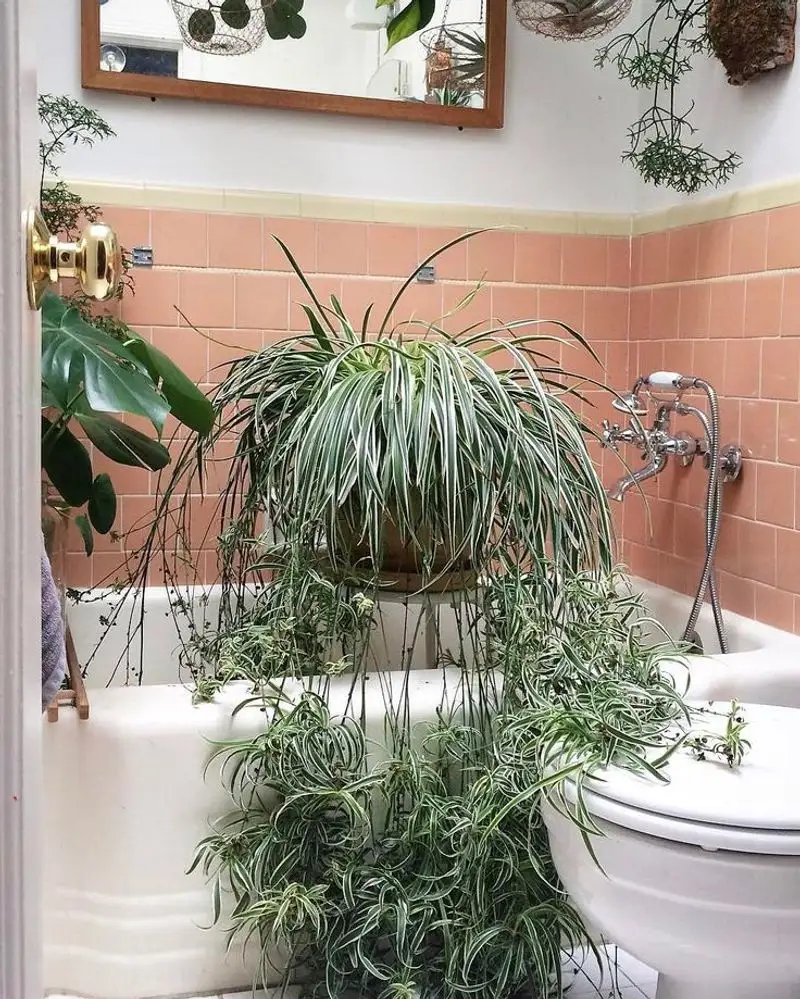
Spider plants are the unsung heroes of indoor air purification. They excel at removing pollutants like formaldehyde and xylene, which are common in homes. With minimal care needs, they thrive in various lighting conditions and are perfect for busy lifestyles. Their gentle, cascading leaves add a touch of elegance to any space. One fun fact: these plants are known to produce ‘spiderettes,’ or baby plants, that can be easily propagated. It’s a living decoration that actively contributes to a cleaner atmosphere.
Peace Lily
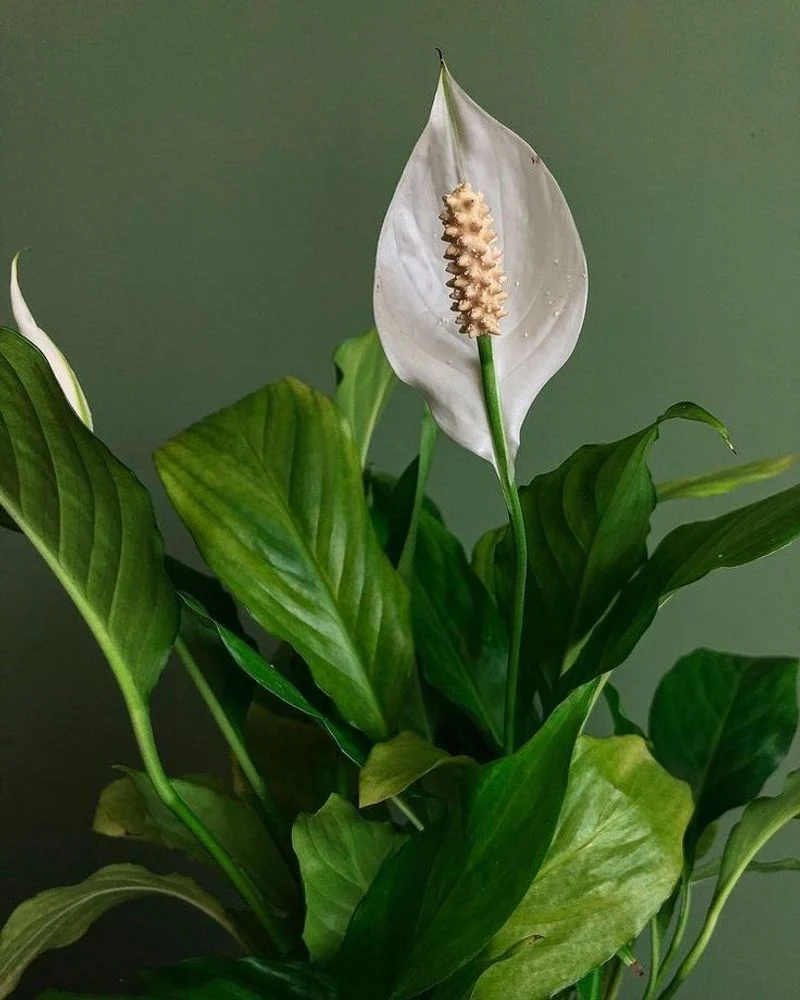
Peace lilies are like nature’s air purifiers, known for removing toxins such as ammonia and benzene. They are not just easy on the eyes with their elegant white blooms; they are also low maintenance. A symbol of tranquility and purity, peace lilies thrive in indirect sunlight and only require weekly watering. Interesting tidbit: in NASA’s Clean Air Study, they ranked among the top plants for improving air quality. Their presence not only cleans the air but also adds a serene touch to any home.
Snake Plant
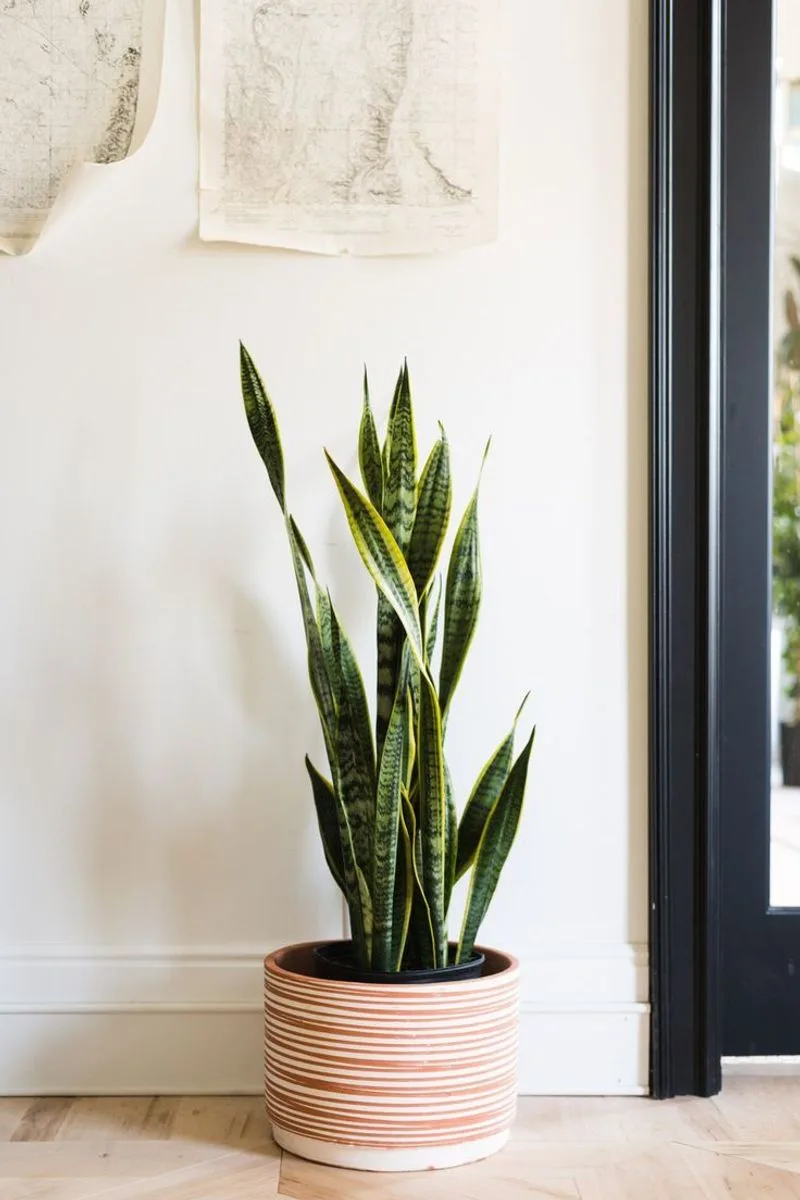
Snake plants, often called mother-in-law’s tongue, are champions of oxygen production. They convert CO2 into oxygen at night, making them ideal bedroom companions. Their sleek, architectural foliage suits contemporary interiors perfectly. Requiring minimal watering, they are drought-resistant and hardy. Did you know? The snake plant is one of the few plants that can thrive in both bright and low-light conditions, enhancing their versatility as a home décor element. Their ability to clean the air and improve sleep quality is unmatched.
Aloe Vera
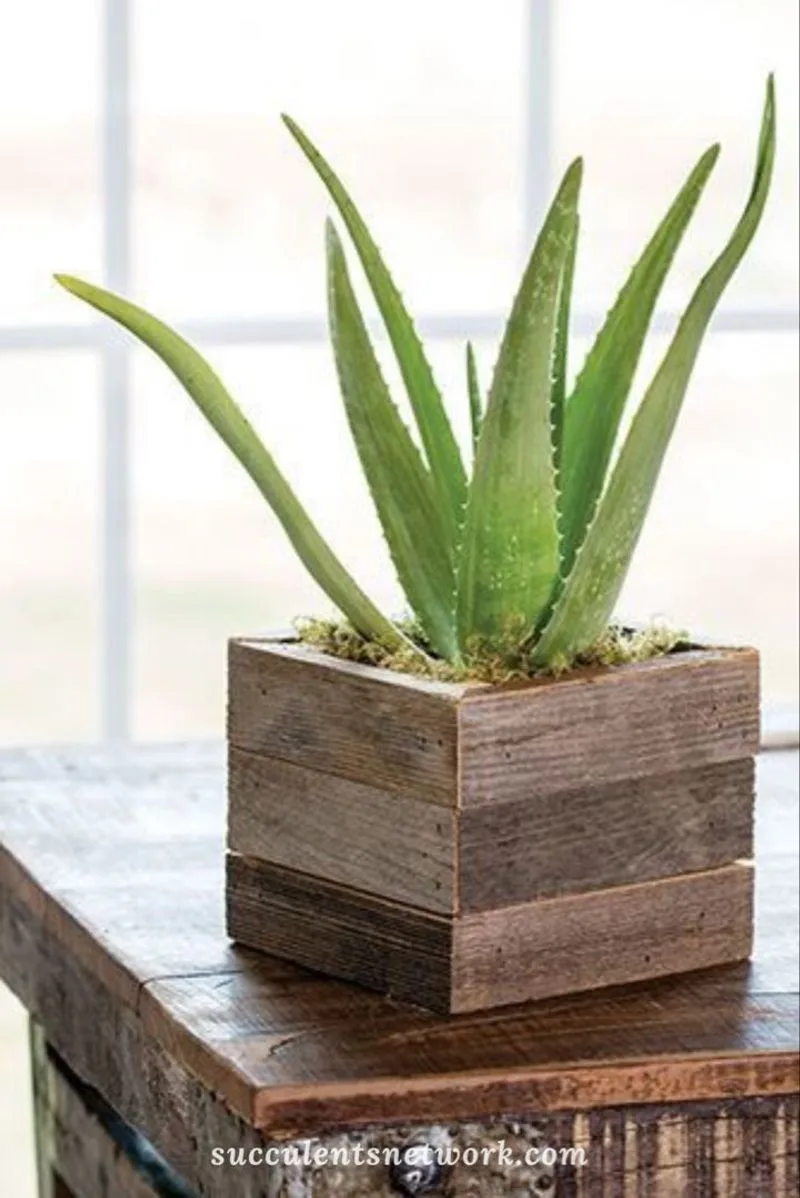
Aloe vera is not just a plant; it’s a healing powerhouse. Known for its soothing gel, which is a natural remedy for minor cuts and burns, aloe also purifies the air. It absorbs CO2 at night, enhancing air quality while you sleep. This succulent thrives in sunny spots and requires infrequent watering. Fun fact: aloe vera has been used for medicinal purposes for thousands of years, dating back to ancient Egypt. Its dual role as a decorative and functional plant makes it a must-have for health-conscious homeowners.
Boston Fern
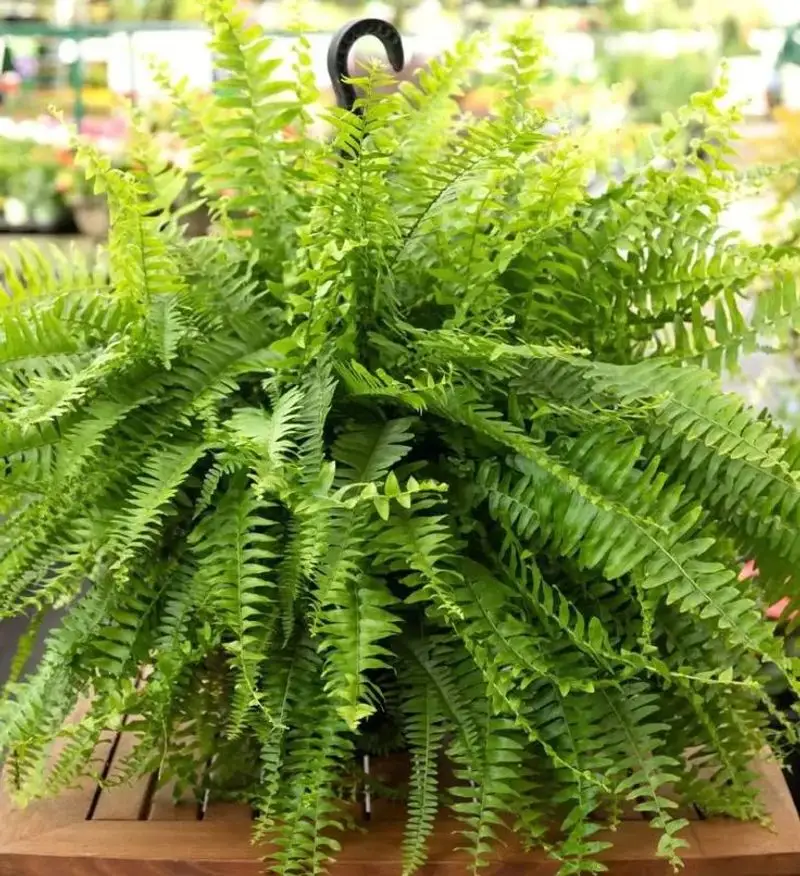
Boston ferns are nature’s humidifiers. They excel at adding moisture to the air, making them ideal for dry climates. Known for their feathery, vibrant fronds, these plants thrive in indirect light and humid conditions. A quirky fact: Boston ferns have been popular since the Victorian era, often seen in hanging baskets adorning grand parlors. Their ability to remove pollutants like formaldehyde while maintaining humidity levels makes them a valuable addition to any home.
Rubber Plant
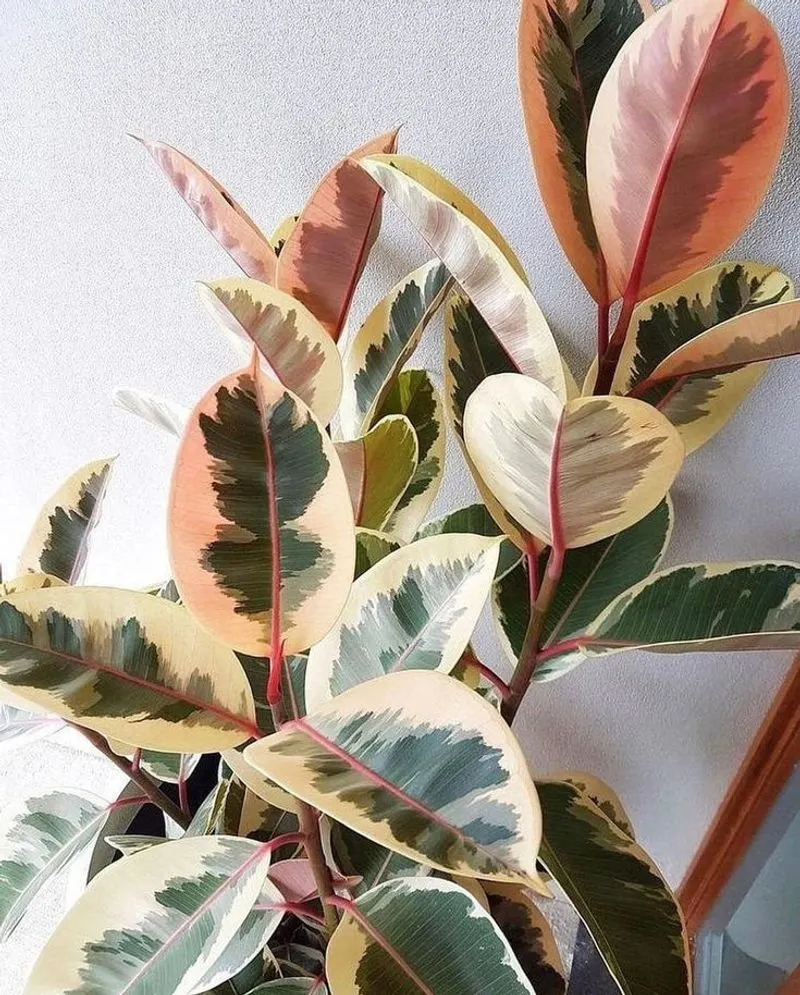
Rubber plants are robust air cleaners, known for their ability to remove toxins such as formaldehyde. Their large, glossy leaves add a bold touch to interiors, making them a favorite among decorators. They thrive in bright, indirect light and require moderate watering. Historically, rubber plants were cultivated for their latex, which was an early source of rubber. This plant not only enhances room aesthetics but also significantly boosts indoor air quality, proving it’s more than just a pretty face.
English Ivy
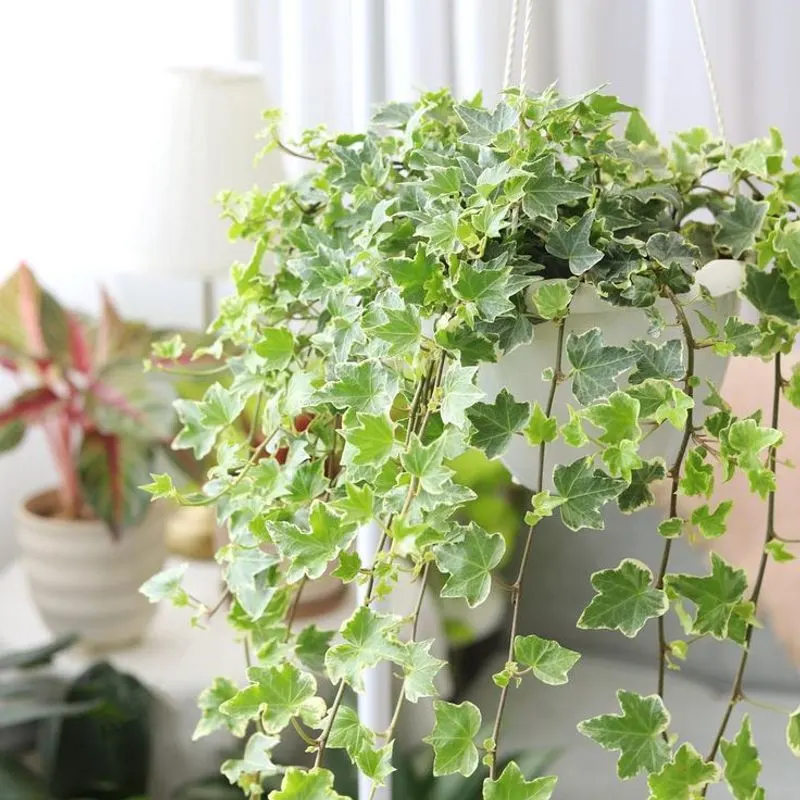
English ivy is a versatile climber with a knack for improving indoor air. Known for reducing airborne mold, it’s perfect for allergy sufferers. This plant loves indirect sunlight and needs regular watering to flourish. An interesting snippet: English ivy has been associated with ancient Roman culture, symbolizing fidelity and friendship. Its lush vines offer a charming, old-world appeal while diligently working to cleanse the air. It’s an excellent choice for those seeking beauty with health benefits.

